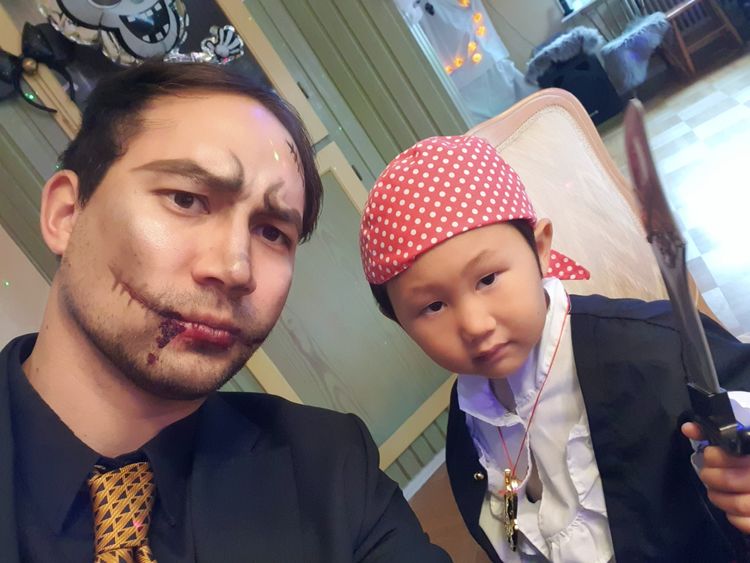Freelance Teaching In Japan

When arriving in Japan I tried to avoid teaching English because I wanted to learn more about the Japanese language and the culture. But then Covid19 hit and working in a hotel with no customers was not that enjoyable. With the borders locked down, and no tourists in the country, many of the jobs I use to look at disappeared. So I decided to try out freelance teaching.
It took a couple of months to fill up my week, I worked for 4-5 companies a week. Mostly six days a week, 5-8 hours a day, and the salary range was between 10-33 USD/hour. If you do a good job the companies would want you to work more and you will have as much work as you want.
Negative
- Pay insurance and tax by yourself
- Hard to climb in the company
- A lot of time spend on transportation
- Can take a while before you have puzzled together your schedule
- Working on irregular hours
- Lower bonus
Positive
- The feeling of freedom when you can decide your schedule
- A lot easier to take a day off or change your schedule
- Your work will be more diversified
- Easier to cut a job and replace it with another
- The hourly rate can be higher
"The secret of change is to focus all of your energy, not on fighting the old, but on building the new."
~ Socrates
As a "freelancer" teacher, I have taught classes, worked in afterschool environments, immersion guide, and assisted homeroom teachers. With my background in sports, I enjoyed gym class on Sundays. There I worked together with a former Olympian gymnast.
If you are interested in doing this, the first step is to get a visa. So if you are not married to a Japanese (Spouse visa), the most popular ones are the instructor visa and the specialist in humanities visa. I have seen and heard many different ways to obtain this. The length of your visa is normally 1, 3, or, 5 years depending on your company and skills. Most of the teachers I met in Japan started with a one-year visa.
Ways I have seen a visa getting obtained
- A person enters on a Student visa (work up to 28 hours a week) and then applies for a visa with help from a company.
- People with a Bachelor's degree or the right qualifications applying directly from their countries
- People living in Japan sponsoring their visa (showing that they have enough salary to support their life (should be over ¥200,000/month)
Where can you search for a job?
You can check the biggest platforms google, LinkedIn, Indeed, and so on.
If you are looking for a job where you have to speak Japanese, I would recommend making a Japanese Resume too.
I found most of my jobs through these three sites.



Searching for a job can be very hard at times specifically when it starts to pop in more noes than yeses in the mailbox. But you have not failed before you have given up. I can clearly remember when I would not do anything else before I searched for at least three jobs that day.
When it comes to looks and information, is your resume up to date? Do your research, on how you should look, what questions can come, and research the company and the interviewer before you go. Don't forget to remember the skills you have that match the job posted.
If you have any questions about Japan, feel free to Contact Me Here and I will do my best to help you.
Thank you.






